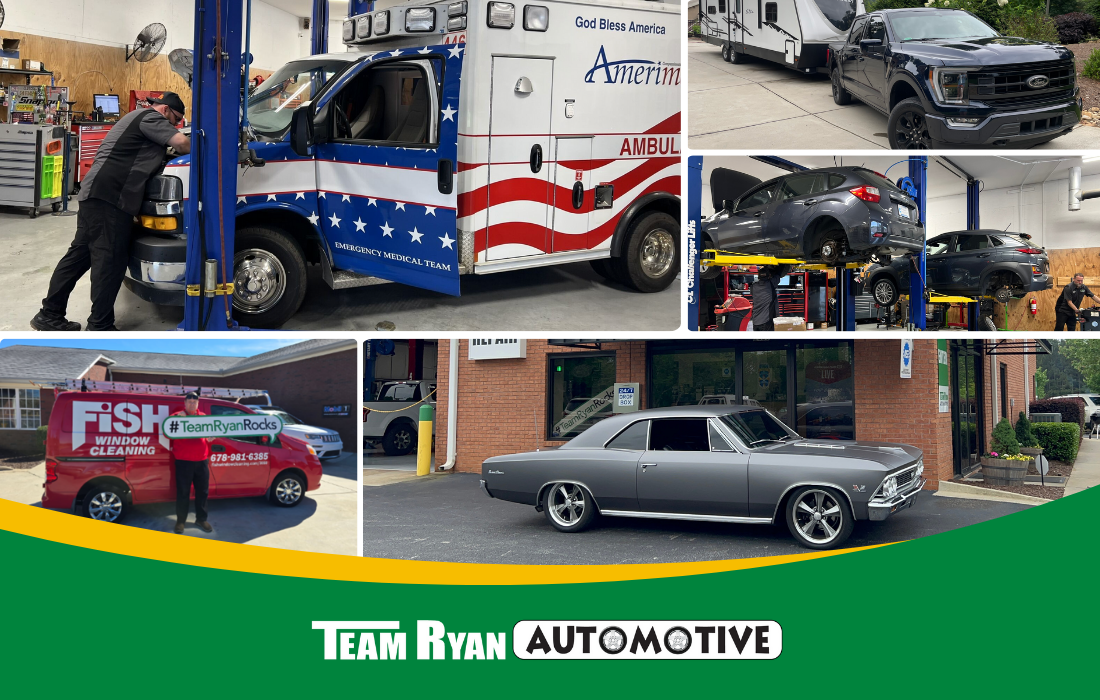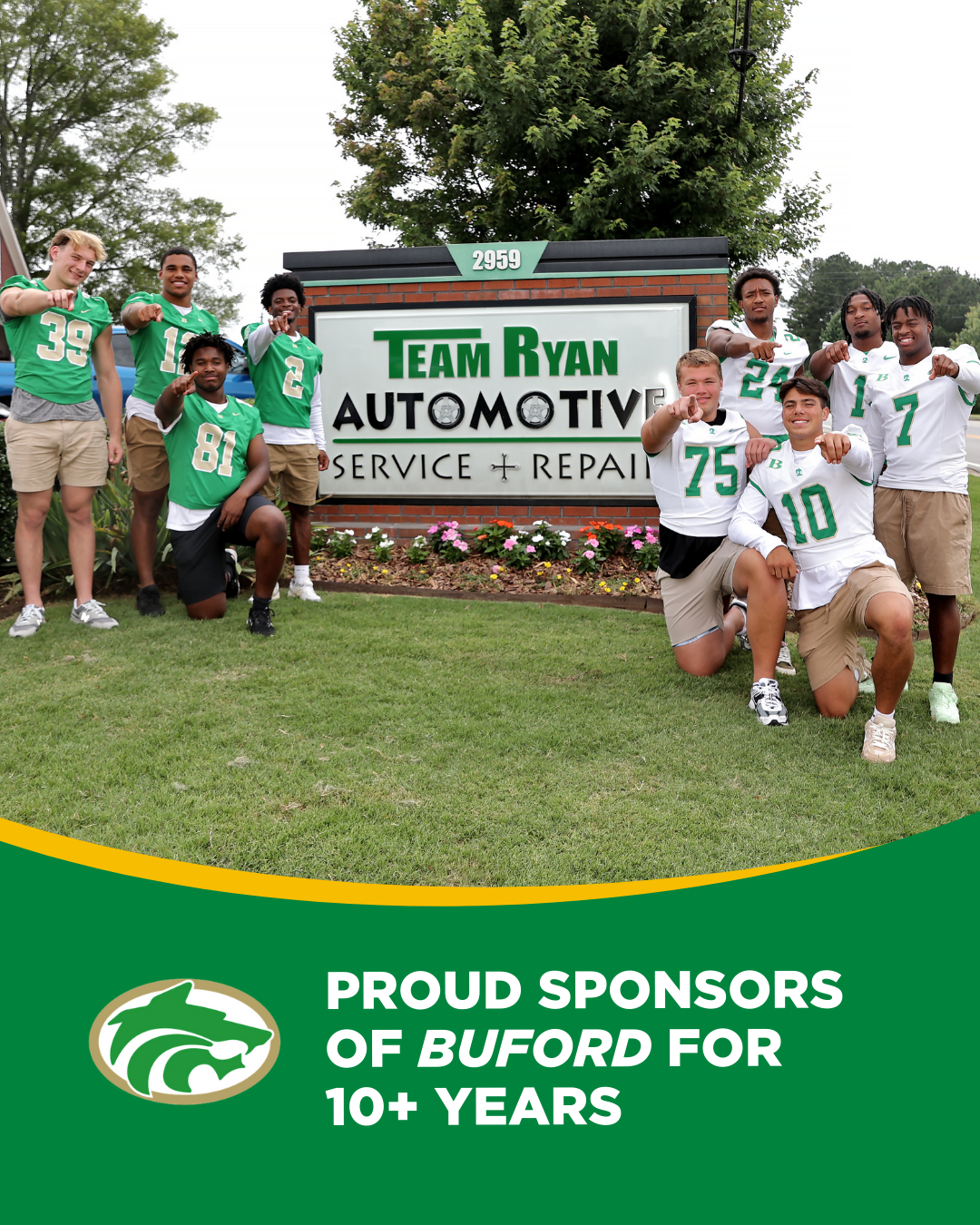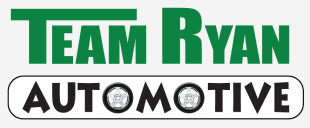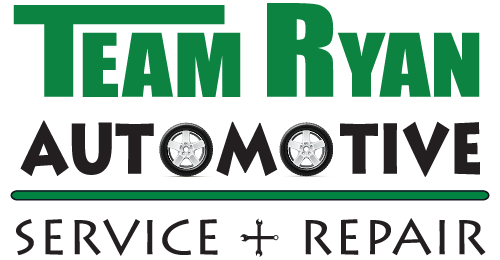Why Is My Car's Battery Warning Light On?
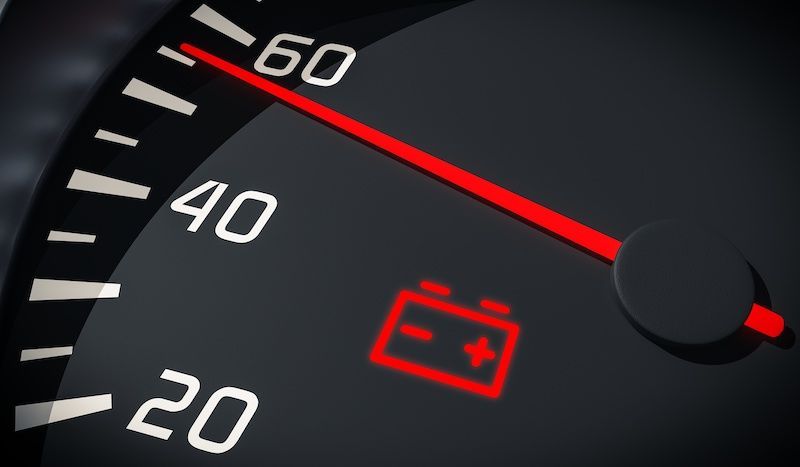
Why Is My Car's Battery Warning Light On?
Seeing your car’s battery warning light come on can be alarming, but it’s a critical signal from your vehicle that something needs attention.
Understanding what this warning means, the potential causes, and how to take care of the issues can help you keep your car running smoothly and prevent more serious problems later on.
Understanding the Battery Warning Light
The battery warning light is part of your vehicle’s onboard diagnostic system. It normally looks like a battery symbol or the word "BATTERY" and lights up on your dashboard when there’s an issue with your car’s electrical charging system.
This light doesn't necessarily mean your battery is dead, but it does mean that there is a problem that needs to be investigated. When the battery warning light comes on, it’s important you know it’s a sign to check your vehicle’s electrical charging system as soon as possible.
Common Causes of the Battery Warning Light
Battery Issues: Low Charge or Failure
One of the most common reasons for the battery warning light to turn on is a problem with the battery itself. This could mean the battery is not holding a charge, is running low on power, or has completely failed.
If your battery is old or has been exposed to extreme heat or cold temperatures, it may not work properly. This will trigger the warning light. Regular battery maintenance can help prevent these issues, but eventually all car batteries must be replaced.
Alternator Problems: Insufficient Charging
The alternator is responsible for charging your car’s battery while the engine is running. If the alternator isn’t working, it won’t supply enough power to charge the battery, and then the battery warning light will come on.
Alternator problems might be a faulty alternator belt or something more serious, like mechanical or electrical failures. An issue with the alternator usually means your car's electrical systems aren't receiving the power they need, which can cause the vehicle to stall or not start at all.
Electrical System Faults: Wiring or Connection Issues
Another common cause of the battery warning light is an issue within the car’s electrical system. This could be faulty wiring, loose connections, or corroded battery terminals.
Any of these problems can prevent the battery from charging properly or disrupt the electrical flow in your car. Looking into these problems right away is important, as they can cause more significant electrical failures and leave you stranded.
Solutions for Battery Warning Light Problems
When your car’s battery warning light comes on, there are several steps you can take to diagnose and potentially resolve the issue:
- Check the battery terminals for any signs of corrosion or looseness. Cleaning the terminals and ensuring a tight connection can sometimes resolve the problem.
- Test the battery's voltage to see if it's still in good condition. If the battery is older, it might be time for a replacement.
- Inspect the alternator and its belt for any visible issues. If the belt appears worn or loose, replacing it might be the solution. If the alternator itself is not working, it will need to be repaired or replaced by a professional.
- Examine the wiring and connections in your car’s electrical system to identify any faults that need to be fixed.
When to Schedule a Battery Replacement
Signs Your Battery Needs to Be Replaced
There are several signs that indicate it might be time to replace your car’s battery:
- Your car is slow to start
- The headlights are dim
- You hear a clicking sound when you turn the key
- You need jump-starts often
- The battery warning light comes on often
These are all signs that the battery might be failing.
Recommended Battery Replacement Intervals
Normally, car batteries should be replaced every three to five years, depending on the make and model, as well as your driving conditions. Regular battery maintenance, including checking the battery’s charge and inspecting the terminals, can help it stay usable for longer.
However, you should check out your vehicle manufacturer’s recommendations and schedule regular check-ups to ensure your battery stays in good condition.
If you notice any of these signs or if your battery is close to the end of its life expectancy, it’s time to schedule a replacement. At Team Ryan Automotive, we offer comprehensive
battery maintenance and replacement services. Our experienced technicians can diagnose any issues with your car’s electrical system and ensure your battery is working as it should be.

